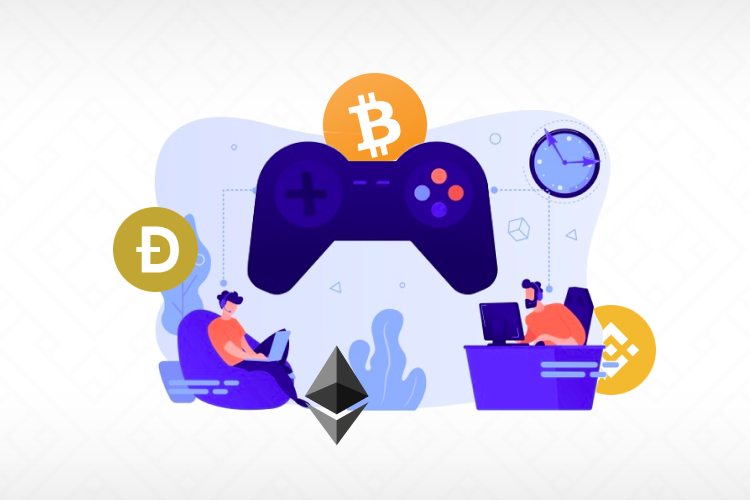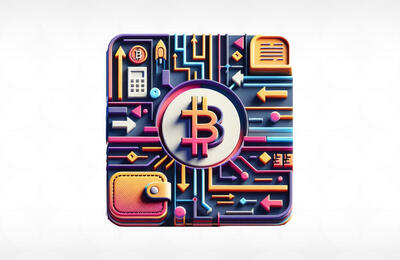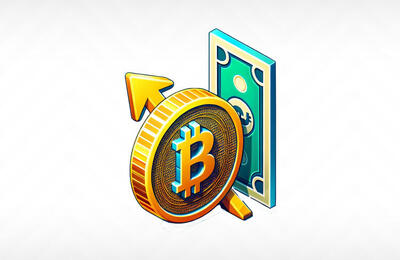
Ever since the Bitcoin boom of late 2017, there has been a lot of talk about the plethora of possibilities that cryptocurrencies and blockchain technology offer. Much of the focus has been on how they could influence and impact the different areas of our lives and just about every industry under the sun.
From smart contracts to speed up house purchases to NFTs changing the way art is bought and sold, there has been no shortage of suggestions.
One industry that has received a lot of attention is iGaming. Companies in this sector offer casino games, bingo, lotteries, poker rooms, and sports betting over the internet. Although like most mainstream retailers, they have been slow to accept cryptocurrencies and incorporate blockchain technologies into their ecosystems, there are plenty of opportunities for them to do it in the future.

A History of Innovation
The iGaming industry has always been at the forefront of technology. In fact, it owes its very existence to the internet and personal computers. Although it had been hypothesized for several years prior, it wasn’t until late 1994 that technological and legal conditions aligned to make it possible for iGaming companies to operate.
The internet was beginning to make its way into people’s homes and Antigua and Barbuda had just passed the Free Trade and Processing Zone Act, allowing iGaming companies to set up their operations on its shores and serve customers from around the world.
Windows 95 was released a few months later and suddenly every man and his dog were buying computers to put in their homes. This accelerated the number of people interesting in placing bets on the internet and iGaming companies continued to evolve their offering as new technologies emerged.
Just over a decade later, iGaming companies began developing mobile apps for smartphones and tablets to allow players to enjoy their content on the go. For sports fans, this has allowed them to place bets while watching a game on TV, in a sports bar, or even at a stadium. For example, someone at a Dallas Cowboys game could use their phone to check the latest NFC East betting odds before choosing whether to place a wager.
Other innovations include using virtual reality and live streaming to offer more immersive gaming experiences.
Cryptocurrency Wagers?
The most obvious use for blockchain technology in the iGaming industry is in allowing customers to make deposits into their accounts with cryptocurrencies like bitcoin. The easiest implementation of this would be to accept the digital currency and then convert it into fiat money.
It would be possible to go further though by removing fiat currencies altogether and allowing wagers and payouts to be done in crypto instead.

Smart Contracts
There are other possible ways to implement blockchain technology into the iGaming industry though. One of these is using smart contracts to provide transparency and fairness.
To build strong and successful businesses, online casinos and sports betting brands must develop trust with their customers. They already go to great lengths to do that, using advanced random number generators, getting licensed with government regulators, being independently audited, and allowing customers to review them on other websites.
However, another way to do this would be to use smart contracts which are stored on the blockchain and visible for everyone to see and verify themselves. Therefore, iGaming companies could publicly demonstrate that they have paid out on each winning bet as a record of this would be kept on the ledger.
NFTs
Most of the time, casinos and sports betting companies pay out to their customers in cash. However, bingo games played in brick and mortar bingo halls and some lotteries can offer physical items as well as or instead of money.
NFTs could open up new opportunities for unique digital prizes that hold a tangible value.
Non-fungible tokens are used to prove ownership of a particular asset so ownership could be passed to the winning customer who may then decide to keep or sell it on.
Conclusion
Blockchain technology creates a lot of possibilities for many industries, including iGaming. Companies within this industry have a long history of being at the cutting edge of technical innovation, though, like many other sectors, have been slow to adopt cryptocurrencies.
It’s not just accepting payments in cryptocurrencies, blockchain technology offers many other possibilities to iGaming companies and their customers. Whether any will be realized or not is a different matter.















